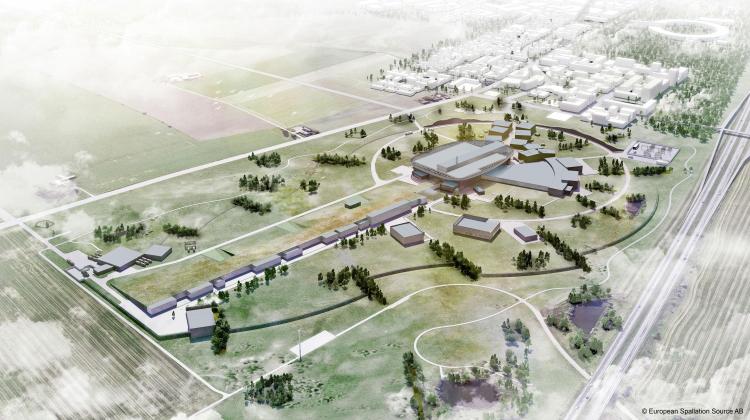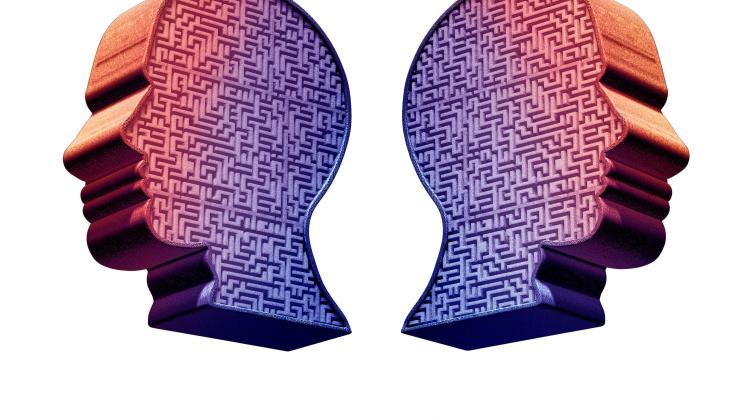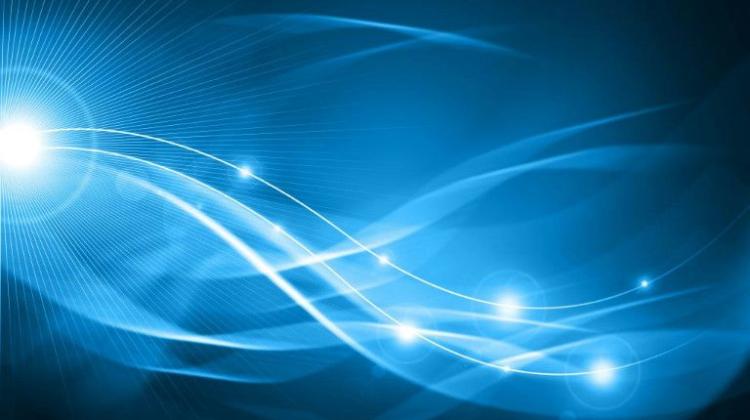European Spallation Source will be built in Sweden

The world’s strongest neutron source for the studies of matter - European Spallation Source - will be built in Lund, Sweden. Last week, the foundation stone was laid for the construction of the centre. Start of experiments is planned for the beginning of 2023.
European Spallation Source (ESS) will be a modern and world’s strongest source of neutrons for the studies of matter. ESS will provide cognitive tools that will allow to make further important discoveries in the field of nanotechnology, life and environmental sciences, pharmacology, materials engineering and experimental physics.
"Scientists in the centre will be able to study the structure and dynamics of matter. Such strong sources of neutrons are needed, for example, to study the chemical reactions as they occur in reality. This allows, for example, to check what happens to the devices operating in extreme conditions during their operation: cars parts, turbines, aircraft parts" - told PAP Dr. Wojciech Zając from the Institute of Nuclear Physics PAS.
He admitted that such centres already exist in the world, but on a smaller scale. He explained that according to the global science policy, every region of the world should have one such a big device.
"ESS is a great scientific infrastructure, the project developed to meet the demand for equipment in excess of the capacity of individual countries or institutions because of the range of applications and their complexity" - said the CEO of ESS Jim Yeck.
"ESS is a large-scale Research Infrastructure, which has evolved to meet the scientific demand for facilities that are beyond the capability of individual nations or institutions in scope and complexity" - said Jim Yeck, ESS Director General.
17 European countries participate in the project. Polish scientists will also be involved. "The engineers and technicians of the Institute of Nuclear Physics PAS participate in the most ambitious investments in science in Europe. Our scientists should have the opportunity to work in the best teams and the best, world-class facilities" - said the director of the Institute of Nuclear Physics PAS Prof. Marek Jeżabek.
The first neutrons from the ESS are scheduled to appear in 2019. Launch of experiments is planned for the beginning of 2023.
PAP - Science and Scholarship in Poland
ekr/ mki/ mrt/
tr. RL
Przed dodaniem komentarza prosimy o zapoznanie z Regulaminem forum serwisu Nauka w Polsce.















